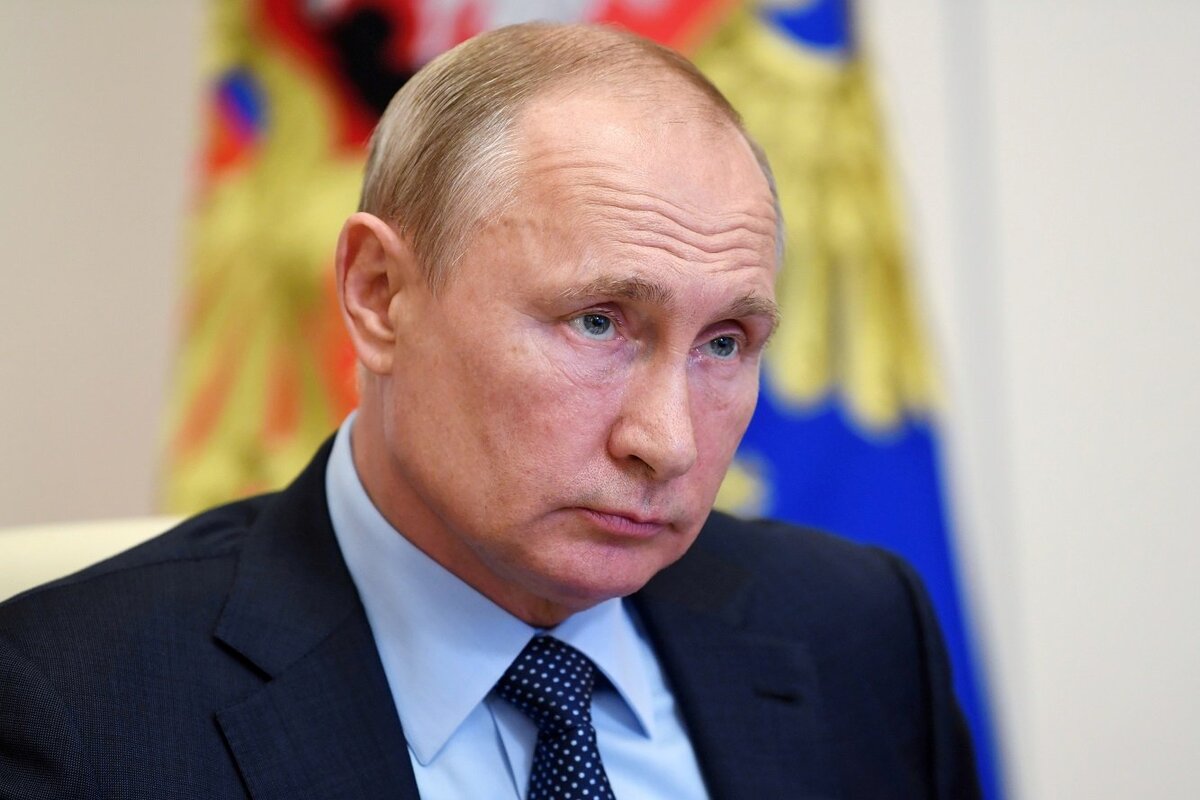Trump tells Putin not to escalate Ukraine war in first phone conversation after winning elections
During the phone call, Trump also reminded the Russian President of US military's presence in Europe.
Mr Putin said Russia would not interfere in Afghanistan and that Moscow had learned from the Soviet occupation of the country. Moscow fought a 10-year war in Afghanistan that ended with the withdrawal of Soviet troops in 1989.

It might appear to be wishful thinking on the face of it. The Russian President, Vladimir Putin, has suggested that the global community can maintain diplomatic ties with Afghanistan if the ruling Taliban “behaves in a civilised manner”. Education and treatment of women have been the primary casualties of the lack of civility. “Russia is not interested in the disintegration of Afghanistan. If this happens, then there will be no one to talk to,” he is reported to have said on Friday. He was speaking at the plenary session of the Eastern Economic Forum in Russia’s far eastern city of Vladivostok. “The sooner the Taliban will enter the family of civilised people, so to speak, the easier it will be to contact, communicate, and somehow influence and ask questions,” he added. By implication, therefore, the Taliban, albeit now at the helm in Kabul, is far from civilised. However, Mr Putin is treading carefully with the hardline group, which Moscow officially considers a ‘terrorist’ outfit. He said the withdrawal of US-led forces from Afghanistan, completed last month, had ended in “catastrophe”.
“The Americans, very pragmatic people, spent more than $1.5 trillion on this campaign over the years, and what is the result? Zero. If you look at the number of people who have been abandoned in Afghanistan, (who) have been working for the collective West, the US and their allies, then it’s a humanitarian catastrophe as well.” He even criticised appeals from US officials to reorient the country against Russia and China after the Afghan withdrawal. “Figure things out first with those with whom you have been at war for 20 years, and then talk about how you’re going to confront Russia and China,” Mr Putin said.
Implicit is the sweeping range of the Russian President’s geostrategy. Kazakhstan’s President, Kassym-Jomart Tokayev, said his country could not take in Afghan refugees who worked with the US because of “logistics” and what he described as “nuances and issues related to the sovereignty of Kazakhstan”. He did not go into details. Putin has a track record of criticising Western countries for trying to impose their values on non-Western nations and Moscow has regularly slammed US policy in Afghanistan, which is now controlled by the Taliban. The Kremlin has been cautious in its dealings with the hardline group that swept to power in Afghanistan on August 15.
Advertisement
Last week, Mr Putin said Russia would not interfere in Afghanistan and that Moscow had learned from the Soviet occupation of the country. Moscow fought a 10-year war in Afghanistan that ended with the withdrawal of Soviet troops in 1989. While the Kremlin has been cautiously optimistic about the new leadership in Kabul, saying it would not meddle in domestic affairs, the Taliban is still registered as a “terrorist” organisation in Russia. This is the dilemma that confronts the Kremlin’s man at the helm. In terms of geopolitics, quite total is the confusion. The Taliban has bamboozled the comity of nations.
Advertisement